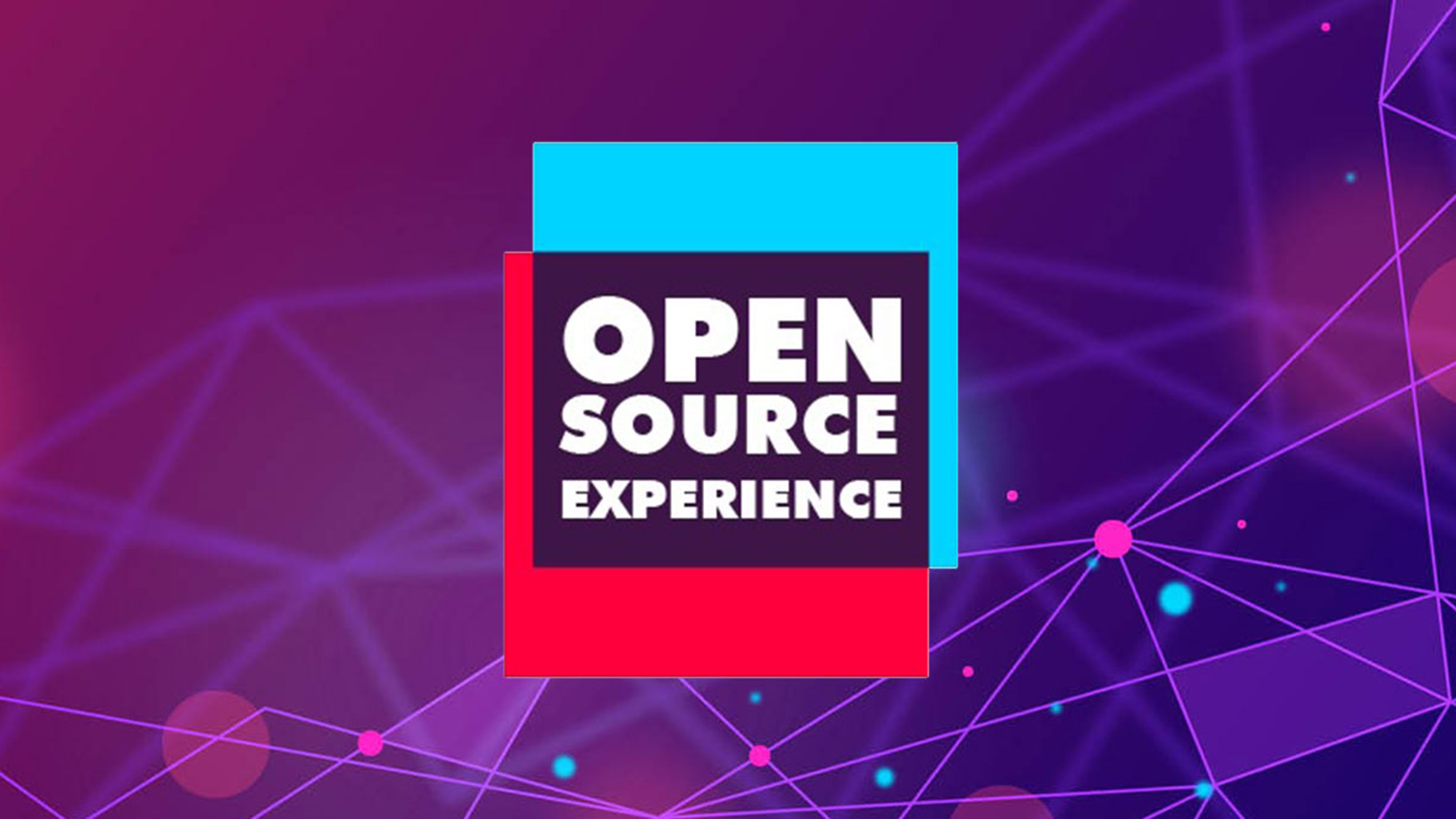Inria meets open source actors and users on November 9 and 10 in Paris
Date:
2 Place de la Porte Maillot
,
75017 Paris
Changed on 04/08/2022

As part of their scientific work, Inria's project-teams produce a large amount of software, in particular to verify their theoretical hypotheses. Today, the institute's software library includes nearly 1,500 references. Often developed in open source, some software is distributed worldwide, notably within the framework of consortiums associating public and/or private players.
Aware that making software code public is rarely enough to give it a real economic impact, Inria has set up several mechanisms. Its objective is to ensure that software that meets the needs of an economic market or industry benefits the players involved.
François CUNY, Inria's Deputy Director General of Innovation, will be speaking on Tuesday, November 9, during the opening plenary session to present Inria's offer on the theme of "Strengthening the economic impact of open source software resulting from Inria's research". In particular, he will present the three schemes that will also be featured on the Inria booth (D28):
Based on its long experience, Inria developed the InriaSoft program in 2017 to support open source software created by its research teams and whose impact goes beyond the research activity. Its objective: to perpetuate and develop open source research software via the creation of consortia bringing together industry and laboratories. Consortia make it possible to organize communities of developers and users around software, and to finance the engineering costs necessary to support the software and to lead these communities.
Launched in 2020, Inria Academy offers advanced training in Inria software in a wide variety of fields such as proof checkers (Coq), advanced object programming (Pharo), machine learning (Scikit-learn), multiphysics simulation (SOFA), and the Internet of Things (RIOT). Delivered by Inria researchers or engineers contributing to software development, the training sessions aim to accelerate the appropriation of these technological nuggets to meet the needs of French Deep-Tech companies.
Launched in 2016 at the initiative of Inria, Software Heritage aims to collect, organize, preserve, and make accessible, to all, the source code of all available software. At the heart of all technological development, now indispensable for scientific research in all fields, software plays a central and even critical role in our daily lives, our industry and our society. Thus, in order to preserve this heritage and to meet the technological and scientific challenges of tomorrow, Software Heritage is asserting itself as the universal and perennial archive of software.
Inria Academy is offering several meetings and presentations to showcase the scope and ambition of its training offer.
David SIMPLOT, Director of Inria Academy, will be speaking alongside Alexandre ABADIE, Inria research engineer and RIOT software trainer, Yves BERTOT, Inria research director, Coq software trainer, Stéphane DUCASSE, Inria research director, co-developer and Pharo trainer, and Hugo TALBOT, co-developer and SOFA trainer.
This meeting aims to better understand the strengths and weaknesses of initial training, but also to better identify the courses of action to support the rise in skills of employees, to facilitate their recruitment and to make them benefit from the training offer, whether technical profiles or members of the management.